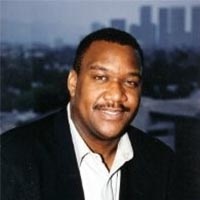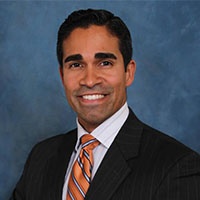Woodbourne DUI-DWI Lawyer, New York
Sponsored Law Firm
-
 x
x

Click For More Info:
-
Law Office of Mark S. Guralnick
55 Madison Avenue 4th Floor Morristown, NJ 07960» view mapCriminal Defense Law Dedicated. Fearless. Successful.
Mark S. Guralnick and his legal team have helped clients throughout the USA and across the world by applying unparalleled dedication and hard work to each case.
800-399-8371
Glenn Warren Magnell
✓ VERIFIEDAny unwanted contact with the police can be scary....even being stopped for a simple traffic offense can be stressful and scary. Actually being arres... (more)
Fred Clarke
✓ VERIFIEDA caring and compassionate attorney: For two decades before I became an attorney I worked for some of the largest corporations and government agencies... (more)
Angel I. Falcon
✓ VERIFIEDAngel I. Falcon is a Dutchess County based general practice catering to the legal needs of individuals and businesses in the Hudson Valley and surroun... (more)
FREE CONSULTATION
CONTACTFREE CONSULTATION
CONTACTFREE CONSULTATION
CONTACTFREE CONSULTATION
CONTACT Mark Guralnick Morristown, NJ
Mark Guralnick Morristown, NJ AboutLaw Office of Mark S. Guralnick
AboutLaw Office of Mark S. Guralnick Practice AreasExpertise
Practice AreasExpertise



